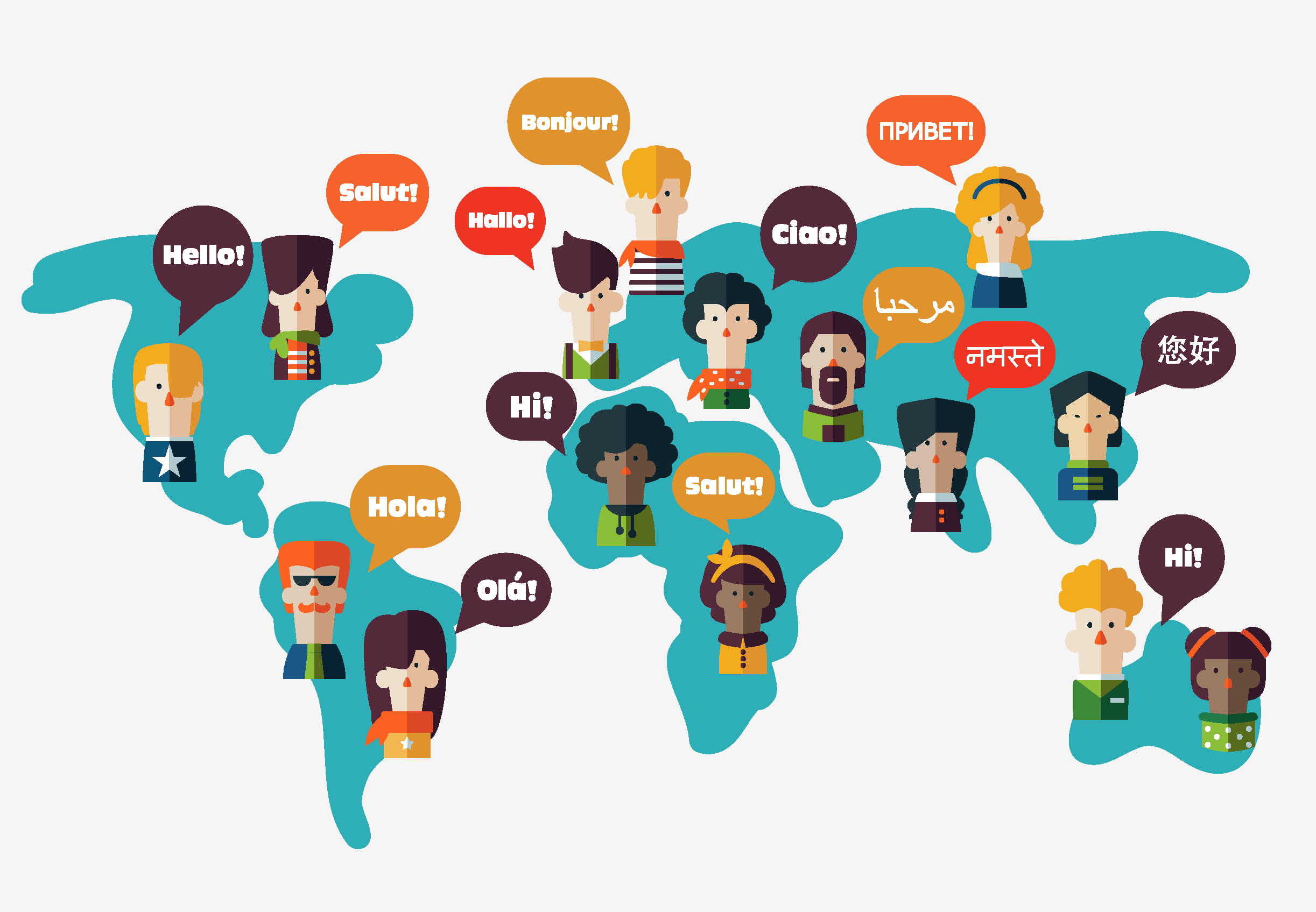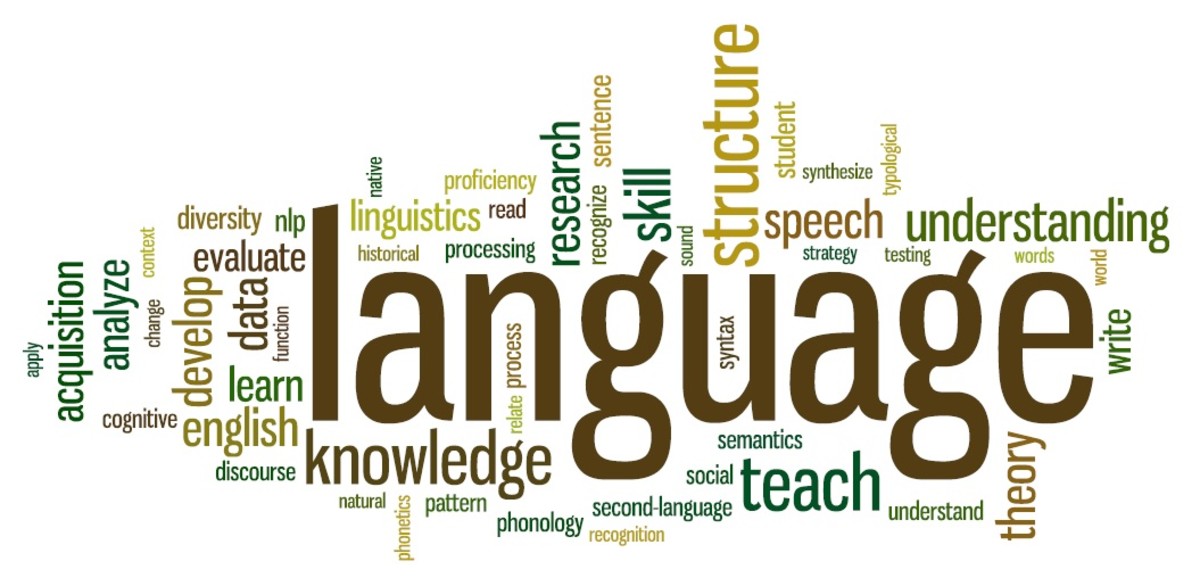What Language Is Spoken In Iceland - Discover The Tongue Of The Vikings
Picture this: a remote island nation nestled in the North Atlantic, where the language hasn’t changed much since the days of the Vikings. That’s Iceland for you. The official language of Iceland is Icelandic, a North Germanic tongue that carries with it centuries of history. Spoken by around 300,000 people, Icelandic remains remarkably similar to Old Norse, the language of the ancient settlers. Yet, despite its isolation, Iceland has embraced other languages too, with English being widely spoken across the country.
While Icelandic holds the crown as the official language, it's not the only one you'll hear on the streets of Reykjavik. The influx of migrants has brought in a variety of tongues, from Polish and Lithuanian to Filipino and even French. This linguistic diversity adds a rich layer to the cultural tapestry of Iceland, making it a fascinating place to explore for language enthusiasts.
For travelers and curious minds alike, understanding what language is spoken in Iceland goes beyond just knowing Icelandic. It's about appreciating how this unique language has survived the test of time while still embracing the globalized world around it. So, if you’re planning a trip or simply curious, let's take a closer look at the languages of Iceland.
Table of Contents
- What is the Official Language in Iceland?
- Is Icelandic Similar to Any Other Language?
- How Many Languages are Spoken in Iceland?
- What Language is Spoken in Iceland - Icelandic vs English
- Can Tourists Get By with English?
- What Other Languages are Spoken in Iceland?
- What Role Does Icelandic Play in Culture?
- What is the Future of Languages in Iceland?
What is the Official Language in Iceland?
In simple terms, the official language of Iceland is Icelandic. Declared under Act No 61/2011 and adopted by the Parliament, Icelandic serves as the national tongue. It’s a North Germanic language that closely resembles Old Norse, the language spoken by the Viking settlers who first arrived on the island centuries ago. Interestingly, Icelandic has remained relatively unchanged over the years, giving it a reputation as a "frozen" language. This means that modern Icelanders can still read ancient texts with ease.
So, why does Icelandic hold onto its roots so tightly? Well, in some respects, it’s all about preserving tradition. Icelanders take immense pride in their language, viewing it as a vital part of their heritage. This devotion helps explain why the language has evolved so little compared to others. But don’t let this fool you—modern Icelanders are also pretty adept at adapting. They've integrated new words and concepts into Icelandic, ensuring it stays relevant in today's world.
Is Icelandic Similar to Any Other Language?
Now, you might be wondering if Icelandic bears any resemblance to other languages. The short answer is yes, but it’s a bit complicated. Icelandic is most closely related to Faroese and Norwegian, two other North Germanic languages. If you’re familiar with these, you might notice some similarities in structure and vocabulary. However, Icelandic tends to be a bit more conservative when it comes to borrowing words from other languages.
For example, instead of adopting foreign terms, Icelanders often create new words by combining existing ones. This approach helps keep the language pure, but it can also make Icelandic tricky for learners. Yet, it’s this very trait that makes Icelandic so intriguing. It’s like a linguistic time capsule, preserving elements of the past while still functioning as a living language.
How Many Languages are Spoken in Iceland?
Alright, so we’ve established that Icelandic is the main language in Iceland, but what about others? Actually, Iceland is more linguistically diverse than you might think. While the majority of the population speaks Icelandic, there’s a growing number of people who speak other languages. For instance, Polish, Lithuanian, and Filipino are fairly common, thanks to immigration. Plus, English is widely spoken, especially in urban areas like Reykjavik.
Interestingly, the variety of languages spoken in Iceland reflects its changing demographics. Over the years, the country has welcomed workers and settlers from all over the world. As a result, you might hear snippets of German, French, or even Danish in certain parts of the country. This diversity adds a dynamic dimension to Iceland’s linguistic landscape, making it an exciting place for language lovers.
What Language is Spoken in Iceland - Icelandic vs English
Let’s talk about the two big players in Iceland’s linguistic scene: Icelandic and English. While Icelandic is the official language, English plays a significant role too. Most Icelanders are bilingual, speaking both languages fluently. In fact, English is often used in business, tourism, and education, which makes sense given Iceland’s global connections. But how did English become so prevalent?
Well, partly because of history. Iceland has had strong ties with English-speaking countries for decades. Plus, English is taught in schools from an early age, giving young Icelanders a head start. This bilingualism means that visitors rarely struggle to communicate. Even in smaller towns, you’ll find locals who can chat away in English. It’s a testament to Iceland’s openness and adaptability, even as they cherish their native tongue.
Can Tourists Get By with English?
So, if you’re planning a trip to Iceland, can you rely on English alone? More or less, yes. English is so widely spoken that you could theoretically visit without learning a single Icelandic word. That said, locals appreciate it when tourists make an effort to learn a few phrases. Saying “Halló” (hello) or “Takk” (thank you) in Icelandic can go a long way in building rapport.
Still, there’s something magical about hearing Icelandic spoken. Its melodic rhythm and unique sounds set it apart from other languages. Even if you don’t plan to master it, taking the time to listen and learn a little can enrich your experience. After all, language is a gateway to culture, and Icelandic offers a fascinating glimpse into the heart of this extraordinary nation.
What Other Languages are Spoken in Iceland?
Of course, Icelandic and English aren’t the only languages you’ll encounter in Iceland. As we mentioned earlier, the country is home to a variety of tongues, thanks to its diverse population. For instance, Polish is quite common, particularly in larger cities. This is due to the large number of Polish workers who’ve made Iceland their home over the years. Similarly, Lithuanian and Filipino are spoken by smaller communities, adding to the country’s linguistic tapestry.
Occasionally, you might stumble across other European languages, like German or French. These tend to be spoken by expats or tourists, but they’re still part of Iceland’s linguistic mix. It’s fascinating to see how different languages coexist in such a small country, creating a vibrant and inclusive atmosphere. So, if you’re lucky enough to visit, keep your ears open—you never know what you might hear!
What Role Does Icelandic Play in Culture?
Finally, let’s explore the cultural significance of Icelandic. For Icelanders, their language isn’t just a means of communication—it’s a cornerstone of their identity. Icelandic literature, poetry, and music are celebrated both locally and internationally, showcasing the beauty and depth of the language. Even modern pop songs often feature Icelandic lyrics, proving that the language is as alive today as it ever was.
Moreover, Icelandic plays a crucial role in preserving Iceland’s rich history. Ancient sagas and manuscripts written in Old Norse are still studied and revered, offering insights into the country’s Viking past. This deep connection to language ensures that Icelandic remains a vital part of Iceland’s cultural fabric, influencing everything from art to daily life.
What is the Future of Languages in Iceland?
Looking ahead, what does the future hold for languages in Iceland? While Icelandic continues to thrive as the dominant language, the influence of English and other tongues is growing. This isn’t necessarily a bad thing; it reflects Iceland’s position as a modern, globalized nation. Yet, there’s also a strong movement to preserve Icelandic, ensuring it remains vibrant and relevant for future generations.
Efforts to safeguard the language include promoting its use in schools, media, and technology. By embracing innovation while staying true to tradition, Icelanders aim to strike a balance between the old and the new. It’s a delicate dance, but one they seem to be handling with grace. So, whether you’re a visitor or a resident, there’s plenty to appreciate about the languages of Iceland.
In summary, Iceland is a country where the official language, Icelandic, reigns supreme, yet where other languages like English, Polish, and Lithuanian find a home. This blend of tradition and diversity makes Iceland a fascinating place to explore linguistically. Whether you're a language enthusiast or just a curious traveler, Iceland offers a unique perspective on how language shapes culture and identity.

Let’s learn about the science of language

Top 10 Most Commonly Spoken Languages in the World

Pastoral Meanderings: The language problem.